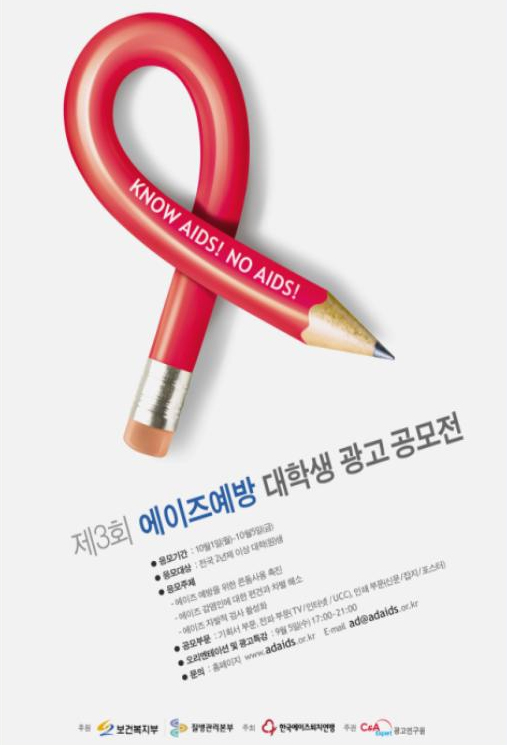Asia Catalyst travels again to Yunnan, China to take part in a training by Korekata AIDS Law Center for 30 sex workers from the Phoenix group. The video is also available at https://www.tudou.com/programs/view/orTkR_PAOE0/
Thanks to Witness for the handy cameras.
[UPDATE] [RESOURCE] Asian AIDS Law Database Launches Online
Asia Catalyst is proud to announce the “public beta” launch of its Asian AIDS Law Database. The database is a free, user-friendly resource, searchable in Chinese and English, to help researchers to find HIV/AIDS-related statutes throughout Asia. It is the first database exclusively dedicated to this purpose. English and Chinese press release (pdf) Visit the database.
[REPORT] Intervention with Elderly Chinese Clients of Sex Workers 中国老年嫖客干预
by Li Man
李曼
China’s population is aging, and the pressures of dealing
with an aging population are becoming apparent. Today, according to a new
report from the Work Committee on the Elderly, 134 million Chinese were over
the age of 60, representing around 11% of the population. The report finds that
of those between the ages of 66 and 71, 90% of men continued to have an
interest in sex, versus 50% of women. In the range of 86-90 year olds, 51% of
men had an interest in sex.
中国已开始进入老年化,老龄化对中国社会的压力正逐步显现。目前,中国60岁以上的老年人口为1.34亿,占总人口的11%左右,这是中国老龄工作委员会根据一项最新调得出的结果。资料表明在66–71岁的年龄段内,对性有兴趣的男性为90%、女性为50%,就是在86–90岁的年龄层中对性有兴趣的男性也有51%。
[REPORT] Law Enforcement and Harm Reduction in Cambodia
By Greg Denham
I have worked in the law enforcement field for over twenty five years, and a
significant part of my work has been in the drug policy area. I have come to
the conclusion that harm reduction services, particularly needle and syringe
programs, are an essential component of a comprehensive strategy designed to
reduce drug related harm in communities.
This view, however, is not always shared openly by other police. Privately, while many
police officers accept that harm reduction services are important, their attitude
is more likely to condemn than condone.
[COMMENTARY] A Second Look at Korea’s “Lifting” of its HIV Travel Ban

Can rules be changed when they aren’t changed?
What may appear to be a purely metaphysical question is creating some
real-world confusion in the Republic of Korea.
UN Secretary General Ban Ki-moon recently applauded South Korea’s announced lifting
of its entry ban on HIV-positive foreigners. UNAIDS executive director
Michel Sidibe also extolled the move, effective January 1, as an important step
in the effort to realize the global freedom of movement for people living with
HIV. But the reality appears to be more
complex.




